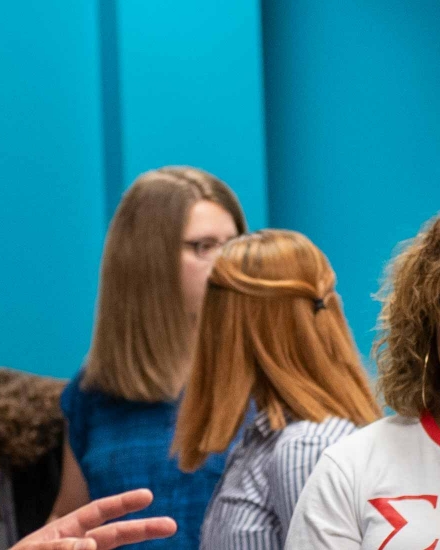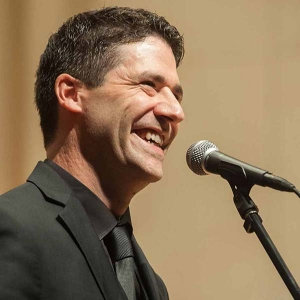The Trust of Leadership
Aug 2019
Can a high school band function successfully without trust? Can a band have an effective student leadership program if the director does not trust the student leaders? Can an untrusting conductor generate expressive music-making from his ensemble?
If the answer to these three questions is an unwavering no, then it is apparent that trust is essential for a successful band student leadership program.
How can trust be established? This article will focus on the importance of trust in the development of a band student leadership program and the process of developing trust.
“Leadership without mutual trust is a contradiction in terms.”
Warren Bennis, Author of On Becoming a Leader
Building trust between the director and students is essential for positive forward motion. When trust is mutually established, the potential for growth is limitless. If trust is not firmly established, the results can be cataclysmic.
Let’s look at a band program that operates without trust. The band director does not trust himself. He does not trust the students, because he thinks his students do not respect him. The students do not trust the director because he lacks in character and competence. The students do not reach to achieve their potential. In fact, the students that stick it out do so in spite of their director and are in “survival mode.” The number of students enrolled in band dwindles and eventually, the program is cut. This is a self-fulflling prophecy because the director never trusted that things would work out well.
Here are some steps towards establishing trust:
- The director needs to be trustworthy. The strongest indicator for the amount of trust that exists in a band program comes from the top. Are you fair? Do you do what you say you are going to do?
- The director needs to demonstrate trust in his students for the students to trust the director. One of the quickest ways to gain trust is to give trust.
“Trust men and they will be true to you; treat them greatly and they will show themselves great.”
-Ralph Waldo Emerson
• Allowing students to lead begins with trust from the director to the students. The students need to trust the director in order to have the desire to lead for the welfare of the band program. The director must trust the students in order to give them leadership responsibilities. As trust between the students and director goes up, the possibility for growth of the total band program will increase.
Stephen M.R. Covey in his 2006 publication, The Speed of Trust, affirms this point when he writes, “The first job of a leader at work or at home-is to inspire trust. It’s to bring out the best in people by entrusting them with meaningful stewardships, and to create an environment in which high-trust interaction inspires creativity and possibility."
- Student input is extremely valuable when running a band program. When the director truly listens and values what students feel, students respect for the director go up. When students feel their input will be taken into account, they will feel ownership of the program. Essentially, they will have a vested interest in the process and the results. It is important for students to feel that it is their band.
- Student leaders communicate closely with the band director. This communication helps develop trust and understanding. Communication can occur in informal and formal settings. Students need to know that the director encourages students to share their thoughts with him. Keeping the office door open or being available before and after school invites communication. The director can be proactive by stimulating conversation about needs and a vision for the future of the band program by organizing formal gatherings to discuss issues about the band.
- In order to maintain trust, there is a burden of responsibility on both parties (students and the director) to be reliable and follow through with what they say they are going to do.
Now, let us visit a band that exudes trust. The band director trusts himself because he has done the necessary preparation to be more than competent with his teaching and musical skills. The director approaches each day with excitement and verve. He trusts the students because he has earned their trust and respect. He wants his students to have a vested interest in the band, so he gives responsibilities to students. Entrusted with stewardship, the students work hard to be worthy of this trust. The student leaders, in turn, trust the others in the band and the band unites into a cohesive, thriving body intent on expressive music-making. The performances of the ensembles build trust in the community and with the school administration. When other courses are put on the chopping block due to budget cuts, the trust in the band program keeps it safe and allows it to continue to thrive.
I think we became band directors because somebody trusted us. Having trust in us did not cost anything, but the result has been priceless. Now we have been entrusted with two of the most important things, music and children. Let us not forsake this valuable trust.

